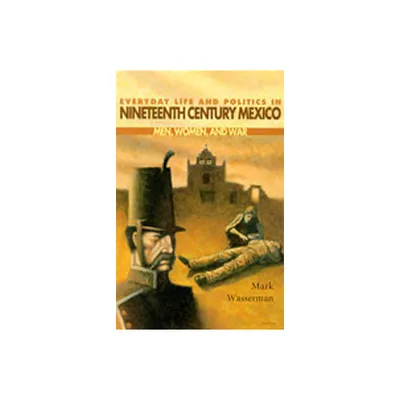Home
To Raise a Fallen People: The Nineteenth-Century Origins of Indian Views on International Politics
Loading Inventory...
Barnes and Noble
To Raise a Fallen People: The Nineteenth-Century Origins of Indian Views on International Politics
Current price: $140.00


Barnes and Noble
To Raise a Fallen People: The Nineteenth-Century Origins of Indian Views on International Politics
Current price: $140.00
Loading Inventory...
Size: Hardcover
*Product Information may vary - to confirm product availability, pricing, and additional information please contact Barnes and Noble
To Raise a Fallen People
brings to light pioneering writing on international politics from nineteenth-century India. Drawing on extensive archival research, it unearths essays, speeches, and pamphlets that address fundamental questions about India’s place in the world. In these texts, prominent public figures urge their compatriots to learn English and travel abroad to study, debate whether to boycott foreign goods, differ over British imperialism in Afghanistan and China, demand that foreign policy toward the Middle East and South Africa account for religious and ethnic bonds, and query whether to adopt Western values or champion their own civilizational ethos.
Rahul Sagar’s detailed introduction contextualizes these documents and shows how they fostered competing visions of the role that India ought to play on the world stage. This landmark book is essential reading for anyone interested in understanding the sources of Indian conduct in international politics.
brings to light pioneering writing on international politics from nineteenth-century India. Drawing on extensive archival research, it unearths essays, speeches, and pamphlets that address fundamental questions about India’s place in the world. In these texts, prominent public figures urge their compatriots to learn English and travel abroad to study, debate whether to boycott foreign goods, differ over British imperialism in Afghanistan and China, demand that foreign policy toward the Middle East and South Africa account for religious and ethnic bonds, and query whether to adopt Western values or champion their own civilizational ethos.
Rahul Sagar’s detailed introduction contextualizes these documents and shows how they fostered competing visions of the role that India ought to play on the world stage. This landmark book is essential reading for anyone interested in understanding the sources of Indian conduct in international politics.


















